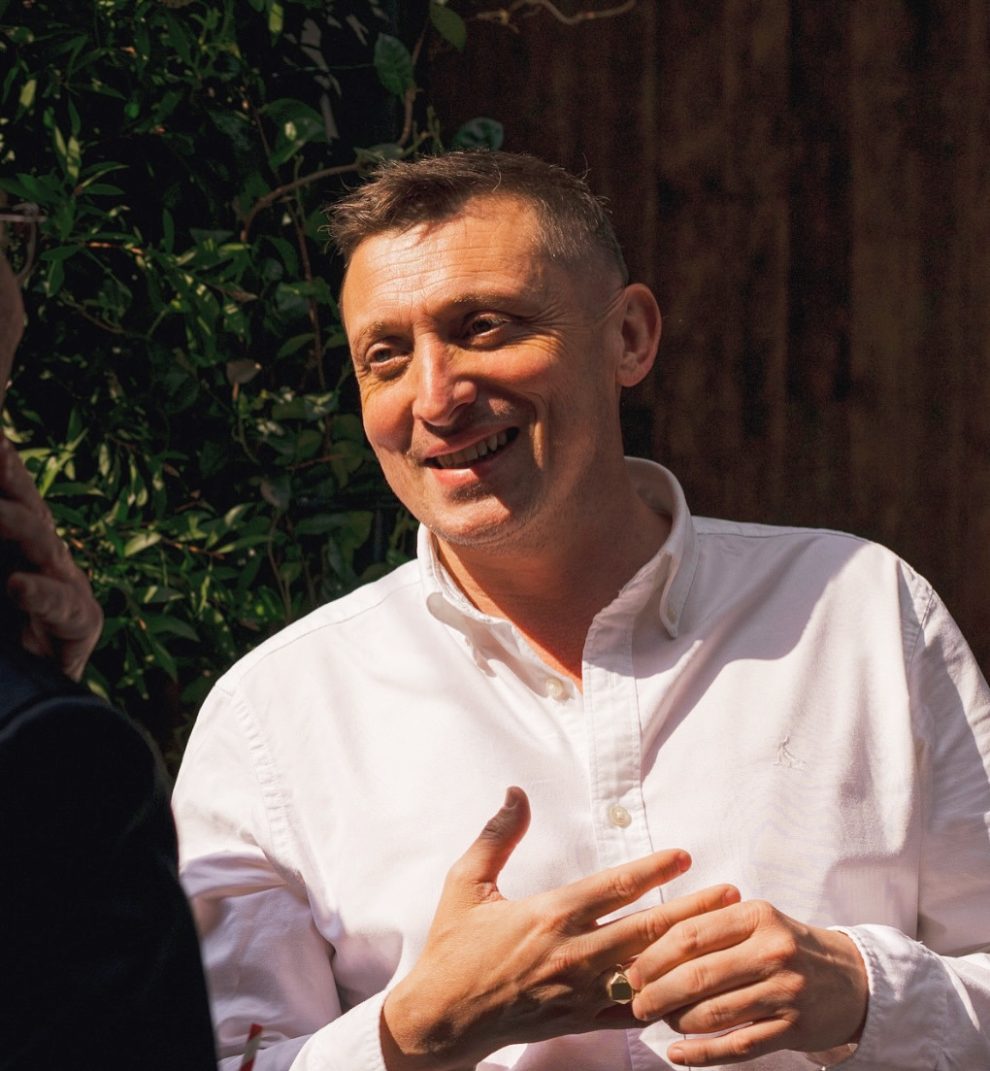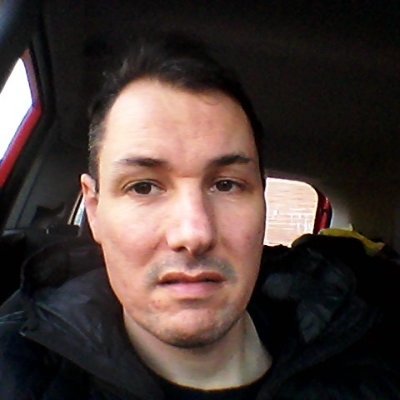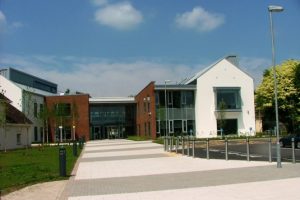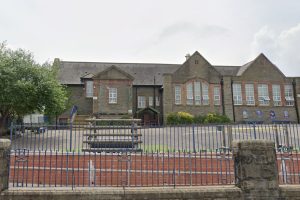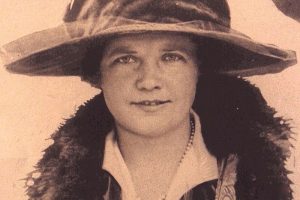GROWING up in the Gwent Valleys without feeling able to discuss being gay led to Nathan Yeowell falling into a pattern of self-destructive behaviour, that eventually led to a complete breakdown.
The turning point for the now 46-year-old came after a friend paid for a therapy course and he was able to start a recovery from what he describes as the “pitiful sight” he had become some 10 years ago when he was diagnosed, after the event, as having suffered a “prolonged nervous and physical breakdown”.
Being a teenager “not like the other kids” in Griffithstown, Pontypool, Mr Yeowell said he had had always felt different, but it wasn’t until attending Oxford University that he came out as gay. He would enjoy a successful career working for the BBC and for Cwmbran-born Labour MP Kevin Brennan, but a series of medical operations led to a period of depression.
Now a councillor, representing his home ward of Panteg on Torfaen Borough Council, Mr Yeowell shared an insight into the turmoil he’d experienced with councillors this week.
He told them how much of his own mental anguish had stemmed from denying his own sexuality along with a mixture of “low-level homophobia” and aggression conjured up by “toxic masculinity” in a world where many men are discouraged from discussing and sharing their feelings.
He was speaking in support of a plan for the council to take steps to promote and improve men’s mental health, which he said was timely with June being Pride month, which is dedicated to the celebration of the LGBTQ+ community and the fight for equal rights, and with the council having announced plans to support a possible event locally.
The Labour member told his colleagues: “It’s very important we celebrate the diversity, the inclusion and compassion of our communities up and down Torfaen, and crucially I think it’s important to celebrate it because it hasn’t always felt like that.
“Growing up gay in the 1980s and 1990s the Eastern Valley did not feel like the most welcoming of places at times. I don’t suppose that there was anything out of the ordinary in this, the almost ever present, low-level homophobia would have been felt in school playgrounds, on terraces and in workplaces across the country.
“But that was no consolation at the time and neither did it soften the long-term psychological damage of suppressing my sexuality from an early age. This contributed, in large parts, to me undergoing what was diagnosed, after the event, as prolonged nervous and physical breakdown in my mid-30s, and there are indeed some of you in this room who can remember the pitiful sight that was 10 years ago.
“That diagnosis came following a sustained period of self-destructive behaviour in large parts which was diagnosed, as a therapist later said, by that sort of systemic suppression of one’s self from a very early age.”
The councillor has previously spoken out about his “bumpy” couple of years, that began in 2010, and in 2018 featured in the gay magazine Attitude discussing his recovery and how he’d fallen into despair. In an article shared online, he described his harmful behaviour as “too much sex and too many drugs” – and was using crystal meth for pain relief and to fuel his sex life which is known as “chemsex”.
Mr Yeowell told his colleagues he has now “made as full a recovery as possible” but is “forever watchful of those signs of mental retreat”.
However he said he also, as an adult, he has a perspective on how homophobic attitudes and pressures to conform to stereotypes of what a man should be, for males of all backgrounds, leads to poor mental health and violence which is too often a part of everyday life in Wales and the UK.
“As an adult I can see the line between what is historic self-loathing amongst LGBT children and teens and the unthinking homophobia levelled against them is a very thin line. It is a line delineated by generations-old concepts of what we would now refer to as being both toxic and fragile masculinity. Meaning that for many men, be they gay, straight, or somewhere in the middle, the pressure or the struggle to conform to what are accepted norms of, quote unquote, ‘male behaviour’, have led to issues of mental health and instances of abhorrent, aggressive, and what should be at least, anti-social and unacceptable behaviour.”
Councillors applauded the speech and backed the motion brought by Pontnewynydd and Snatchwood Labour councillor Alfie Best on mental health.
It has committed the council to ensuring all staff are “mental health first aid trained”, to provide training for councillors and staff on “the unique aspects of men’s mental health”, and to run a mental health in men awareness week campaign in November to coincide with International Men’s Day, as well as to ensure coordination across support services.
A councillor will also be appointed as a “mental health champion” to push the issue across the authority and, subject to discussions with human resources, a staff member could be identified as the “lead officer” for mental health.
Mr Yeowell said: “Anything that we can do to raise awareness and reduce stigma around men’s mental health, and to combat the perpetuation of shame and toxic masculinity where they exist, should be supported 100 per cent and this is my second point, the importance of being open and encouraging men to talk about their problems.”
He added how he had been fortunate to have been supported by a group of friends and that he was “doubly lucky to undergo psychotherapy”.
He said: “not everyone who needs these services can access them which underlines the importance of this motion and the council’s commitment to taking these matters seriously providing the opportunity and the space for residents to talk about the problems they are facing without prejudice.
“No one should suffer in silence because they don’t think they can be open about the struggles they face.”



